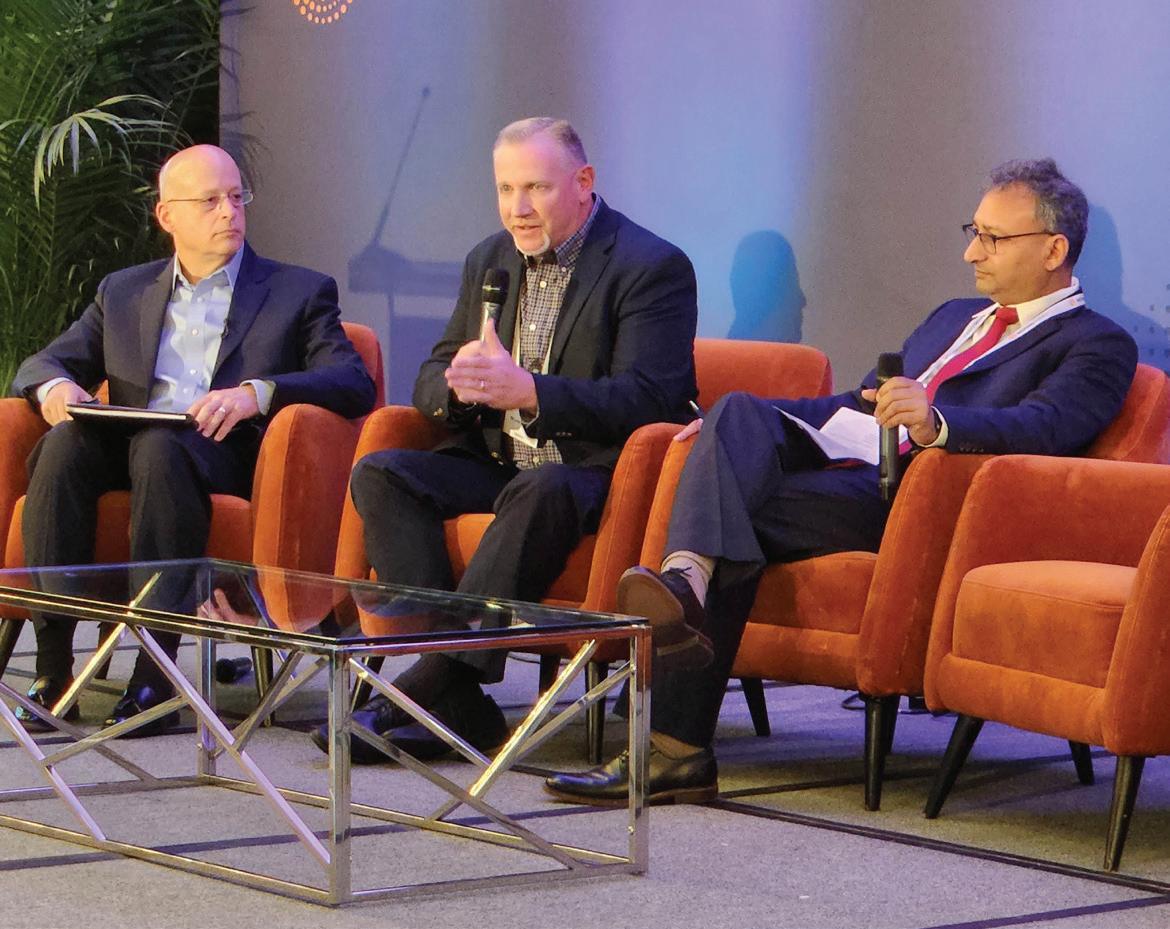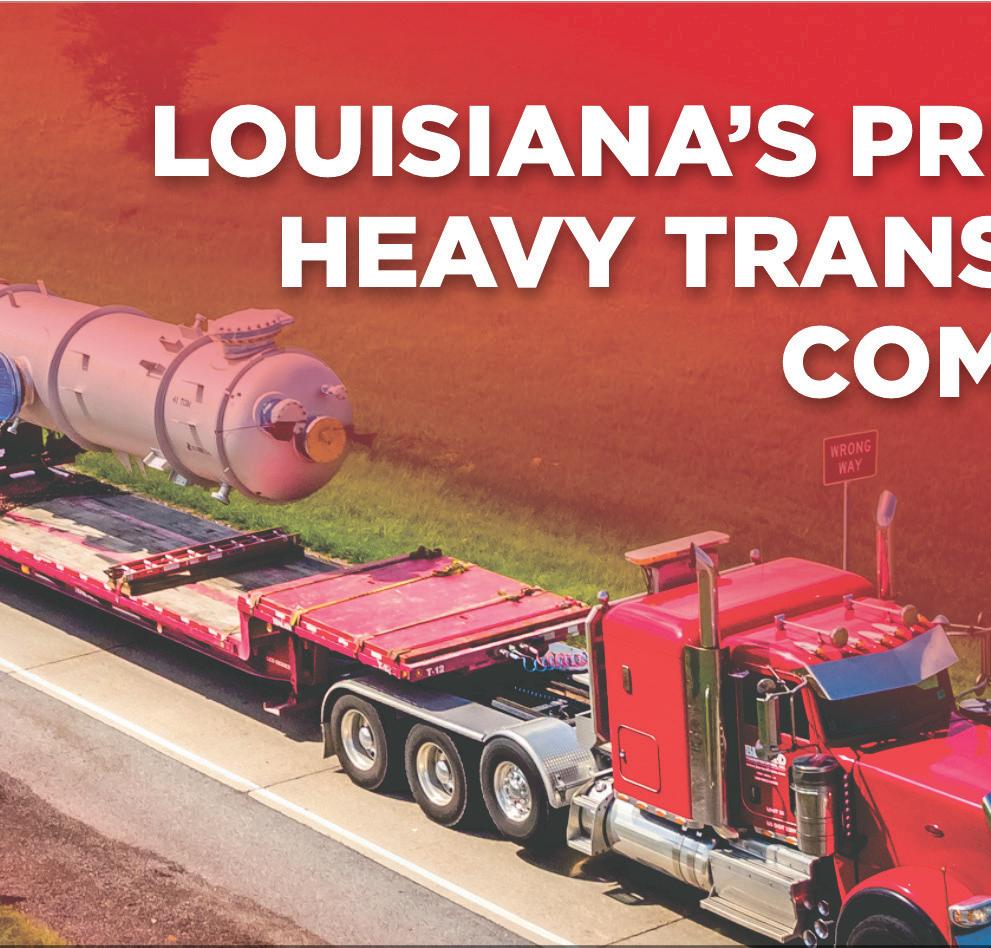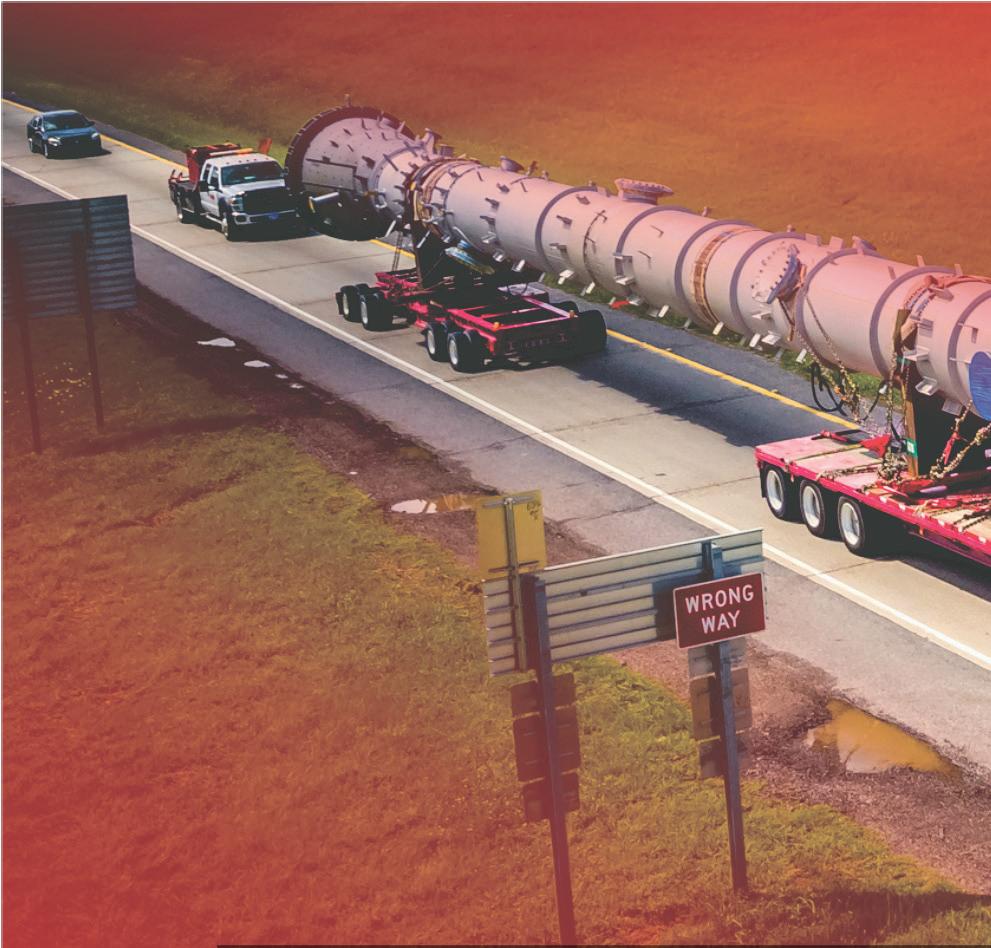
2 minute read
Lake Area Industry Alliance is Proud to be Part of the Southwest Louisiana Community
Southwest Louisiana is home to a thriving industrial community. Lake Area Industry Alliance is proud to be a channel of communication between industries and our community, offering education about the industrial processes, working with area schools to meet present and future needs of the industrial community, and lending support to local leaders for the continued positive growth of Southwest Louisiana.
Beginning with supporting the World War II efforts with refineries to produce fuel, to current production of hydrazine to assist spacecraft landing on Mars, the companies represented by LAIA continue to produce products that consumers depend on and demand.
The taxes paid by industry including property, sales and state income tax, have enabled the parish to improve our schools, enhance our sheriff’s office facilities and supplies and improve area roads and drainage. Donations to charitable causes and educational institutions such as McNeese University, SOWELA and the parish school system improve the educational foundation for those in our area. Annually, thousands of volunteer hours of have helped those in need to build a better life for themselves and their families.
Lake Area Industry Alliance members produce products that we need every day while improving the quality of life in the community where we work and live.
technology to deliver more value and e ciency to the customer.
at’s why they’re coming to us.”
But no matter the technological platform, it’s important to create a simpli ed process that enables customers to fully bene t from improved transparency and visibility into their shipments, the panel concluded.
From order planning, procuring to servicing, the industry is transforming into an integrated technology platform that gives customers transparency during every stage.
As with Amazon, customers want to know the location of the product and when it will be delivered. “ at’s the critical piece,” Sullivan says. “When you look at the networks that we have, the complexities of our supply chains and the touchpoints, the ability to track your product or shipment is signi cant. e customer wants visibility.”
Sullivan’s company uses a third-party network of suppliers that bring a high level of techno- logical expertise to the table. “ at provides us with the platform, expertise and skillsets to facilitate the interface with the customer,” Sullivan adds. “We have tracing and tracking on the transportation end, but the technology is a differentiating factor. Having third parties and the core values they provide is critical.”


Some Expected Resistance
Nonetheless, there is some undeniable industry resistance to an Amazon-based approach to the industrial supply chain, Sullivan says, but that’s mostly due to a lack of trust.


“We’re a little slow to adapt,” he adds. “ is is an industry that likes to talk to someone or deal with the same customer service people. ey’re used to being able to call someone to check on their order.
“Now we’re trying to get them to do it themselves and trying to shake that up. It’s about getting technology to the point where they can trust it and trust the data so that they know they’re going to get their shipment, then reinforcing it with a self-service portal that enables them to do just that, and do it easily.” e pace of the change, however, will depend upon the industry. “ e buyers are di erent depending upon the market,” Misra says, “but they’re all moving in that direction in one way or another.”





































